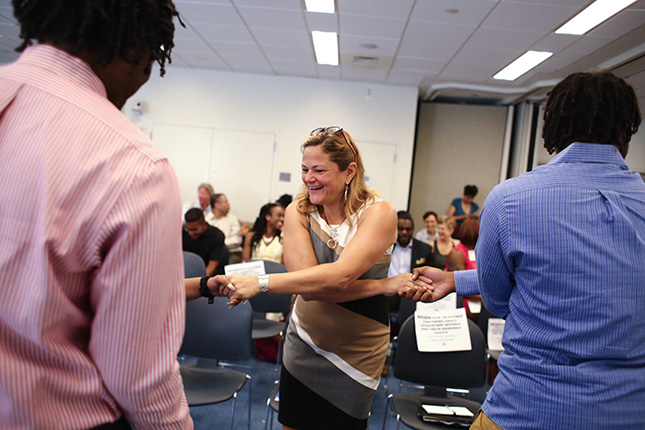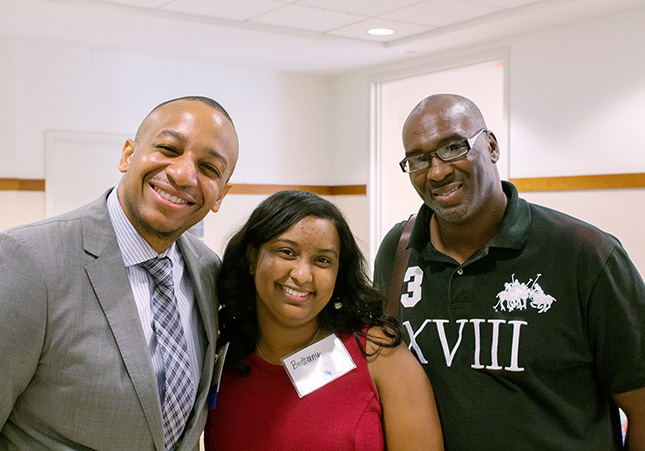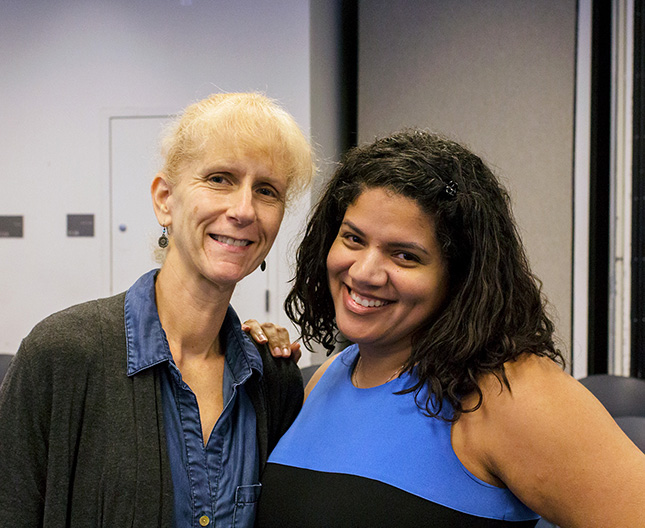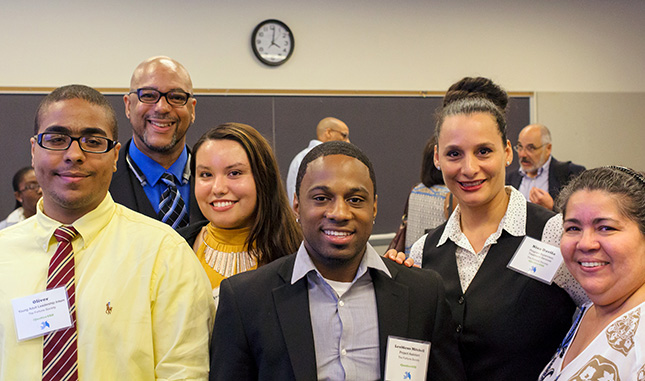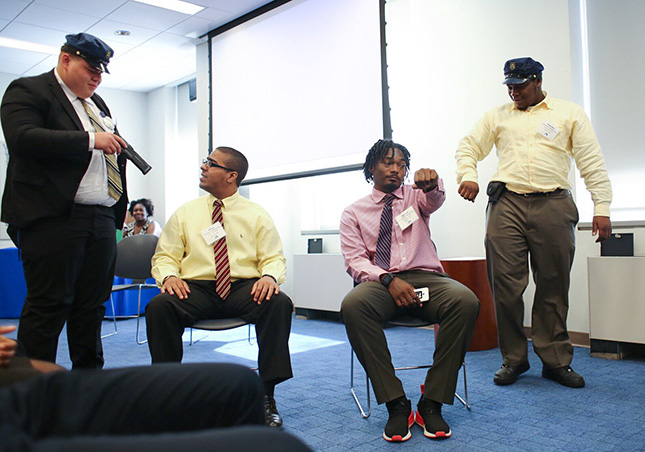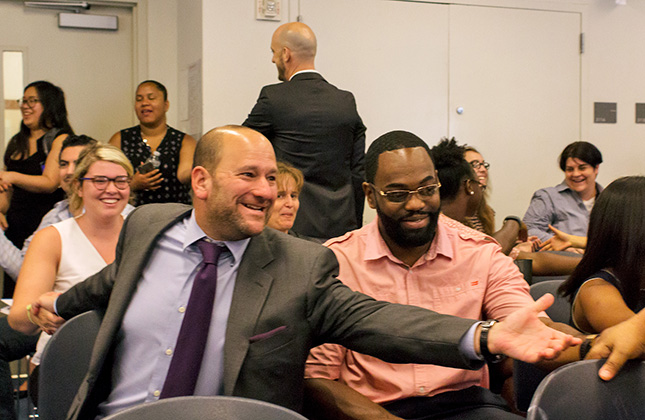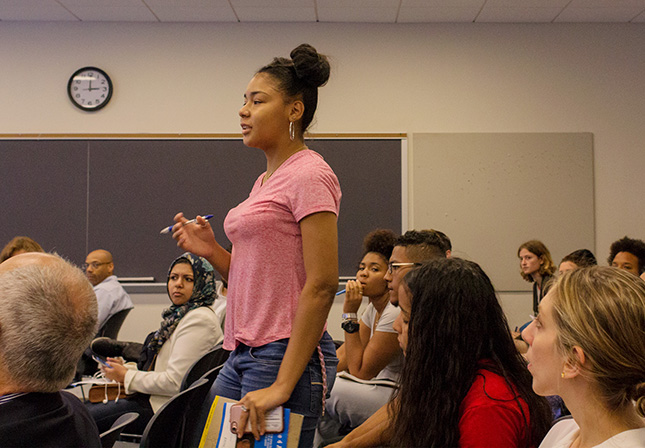BLOG
- CRIS-J
- Atlas HOPE
- Women Rising
- Supervised Release
- Digital Equity
- Recovery (the NEST)
- Care Management
- Housing
- Employment Services
- Education
- Family Services
- Alternatives to Incarceration
- Mental Health
- Substance Use
- Treatment Services
- Health Services
- Benefits Application Assistance
- Food and Nutrition
- Creative Arts
- Transitional Services
- DRCPP
- Events
- Participant Stories
- 2024
- 2025
- AAPI
- activities
- advocacy
- affordable housing
- album release
- Annual Gala
- Anthony Rivera
- art
- Arts
- Arts Festival
- Asian American
- ATI
- Atlas
- Behind Bars
- Behind the bird
- benefits
- benefits access
- Better Living Center
- Beyond Release
- Black History Month
- BLC
- Bloomberg Fellowship
- book club
- bronx
- business owner
- C-CAP
- Career
- career readiness
- Career Readiness for Reentry
- career success
- CARES Act
- case management
- case manager
- Castle
- Castle Gardens
- CEO
- chef troy
- Children
- choir
- Community
- community event
- counseling
- court advocacy
- court mandate
- creative
- Creative Arts
- CRIS-J
- culinary arts
- cybersecurity awareness month
- david rothenberg
- David Rothenberg Center for Public Policy
- DE
- DEI
- Delacorte
- desistance
- dest2nation
- Digital
- Digital Divide
- digital equity
- digital skills
- Diversity Equity and Inclusion
- donate
- DRCPP
- Drone
- Education
- election
- employment
- employment assistance
- employment services
- emplyoment
- entrepreneurship
- event
- exhibition
- fair chance for housing
- fair housing
- Fair Housing Month
- family
- family services
- Father's Day
- food
- food and nutrition
- food insecurity
- food pantry
- food pantry bronx
- Fortune Faces
- Fortune Flyers
- Fortune Fresh. food access
- Fortune News
- Fortune Singers
- Fortune staff
- Fortune50
- Freedom House
- fundraising
- Gala
- Gala2021
- gallery
- gardening
- GED
- giving
- Grow with Google
- guide
- GWG
- healing
- health
- healthcare
- Healthcare Coordination
- healthy lifestyle
- Heritage Month
- HIV
- HIV/AIDS
- Hope and Justice
- housing
- HSE
- identity theft
- interns
- internship
- Joe's Pub
- Journey
- Justice in Action
- Labor Day
- leadership
- learning
- legislation
- legislative priorities
- LGBT
- LGBTQ
- LGBTQIA+
- mandaela
- Mandaela Community
- Marathon
- Martin Luther King Day
- mass incarceration
- Medicaid
- medical student
- Mental Health
- mental health treatment
- mentor
- mixtape
- mock interview
- MoMA
- MoMA PS1
- mothers day
- Music Cafe
- musical
- Native American
- NEST
- new hire
- new program
- new year
- New York City
- newsletter
- nutrition
- nutrition counseling
- NYC Marathon
- online safety
- organizing
- Pacific Islander
- pantry
- parenting
- parents
- Participant Stories
- Path
- peer support
- Performance
- performing arts
- policy
- policy center collective
- Pride
- Pride Month
- priorities
- professional
- professional development
- public benefits
- public health
- Public Theater
- Public Works
- readiness
- reconnecting
- Recovery
- reentry
- research
- Resource Guide
- resources
- RISE
- robotics
- Runner
- service center
- Shakespeare in the Park
- Shelter
- skill building
- skills building
- sky garden
- SNAP
- Solitary Confinement
- spring
- SRP
- staff
- staff stories
- Stanley
- Stanley Richards
- storytelling
- substance use
- substance use treatment
- Success
- success story
- supervised release
- support
- supportive housing
- Systems Babies
- Tax
- tax season
- Taxes
- Tech
- Tech Fair
- tech workshops
- tempest
- Thanksgiving
- The NEST
- theatre
- therapy
- trans women
- transitional services
- treatment
- visual art
- Volunteer
- voting
- webinar
- weekly groups
- WHM
- WIBO
- women
- Women rising
- Womens History Month
- workshop
- YEC
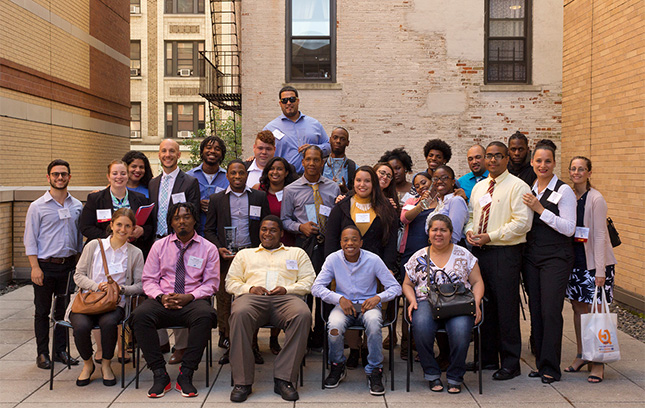
Inspiration from Justice 4 All
Earlier this year, we were honored to host the Justice 4 All Summit at Columbia School of Social Work. Spearheaded by some of our incredible young leaders, the summit aimed to address justice inequality and abuse of power through powerful storytelling, creative arts, and evocative discussion.
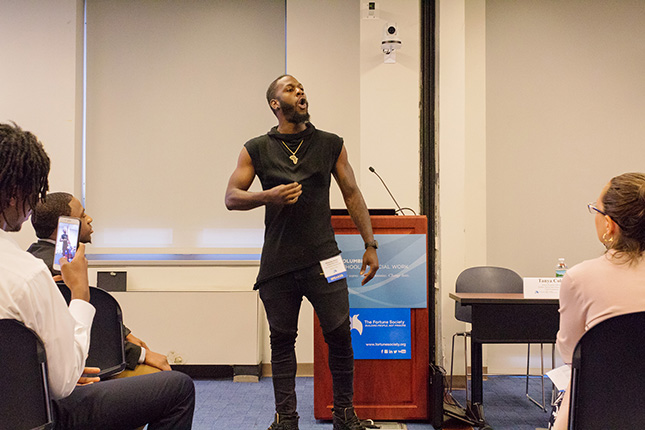
We left inspired, and were empowered to continue advocating for needed change. Key remarks from distinguished guests still give us food for thought. Enjoy a few below:
Stanley Richards, Master of Ceremonies for the summit and Fortune’s Executive Vice President:
“When life is tough, how did I do it personally? One word comes to mind: hope. Hope that people coming to Fortune will one day see the beauty in themselves that we already see. That with understanding, compassion, and patience we can change lives.”
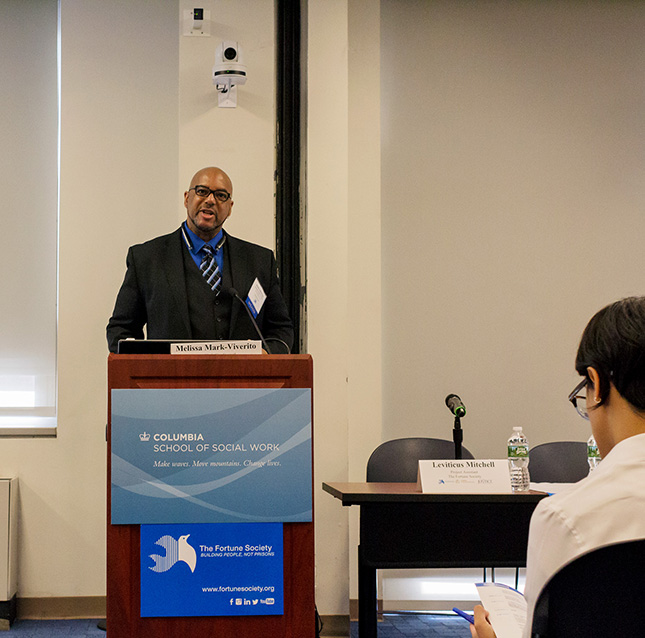
Melissa Mark-Viverito, speaker of the New York City Council who also provided welcome remarks:
“It’s crucial to hear from people directly affected by the criminal justice system and to include your voices in decision-making. It’s critical for our society to include the voices of young people in particular…Equity and justice belong to everybody.”
The summit’s first panel was a discussion on equal resources, opportunity, and enforcement of the law. In it, we discussed “stop and frisk,” racial profiling, mistaken identity, and individuals uninformed of their rights—all issues affecting communities of color.
Vanessa Gibson, Council Member of Bronx’s 16th District:
“I want young people to look at me and be inspired. I want them to understand that they can achieve these leadership positions, and in many cases it’s their responsibility to work for this. When we invest in our young people, we invest in our families and communities, too.”
Brandon Jeffries, Coordinator of the Far Rockaway Teen Center for the Queens Library:
I owe everything to my mom. She helps me walk through the world and feel strong. Everyone should have one person that does that for them. I work with 100 kids Monday through Friday, who may not have that person, so I try to be it for them.”
The first panel continued with a thought-provoking question: How do you stay strong given all the obstacles in the community?
Khalil A. Cumberbatch, Associate Vice President of Policy at The Fortune Society:
“I wanted to leave a better legacy for myself. In prison, the other men there believed in me so much that I had to believe in myself, too. When I came home, I said, my commitment to them is that I have to tell my story. I want to fight for other people and continue to push other people to believe that our dreams are not far-fetched.”
Leyla Martinez, Student and Criminal Justice Reform Advocate:
“It’s very hard. It was hard to be a mother incarcerated. I still struggle all the time even though I’m home. We just have to try to fight for what we think is right.”
Leviticus Mitchell, former Program Assistant at The Fortune Society:
“I realized I had to do something. I could either move on with my life or keep doing the same things going through that revolving door. So I wanted to do something positive for my peers and community.”
The second panel of the summit centered around building stronger and safer communities. In it, we explored ways community members can build safer communities through community organizing, while improving relationships with police through greater accountability and transparency.
Tanya Coke, Distinguished Lecturer, John Jay College of Criminal Justice:
“How do we build stronger, safer communities? Some states have de-carcerated certain offenses and invested money in trauma centers for the community. What’s different about the discussion at this Summit, is that we have new insight from our young leaders.”
Joo-Hyung Kang, Director, Communities United for Police Reform:
“Close your eyes and picture the moment you feel safe. Who are you with? Nobody pictures the police. So question what does safety mean?”
Charles Nuñez, Community Advocate, Youth Represent:
“Instead of calling the police, try to talk to people and mediate, deescalate. People can rely less on supervision and police to threaten others into cooperation.”
Paul Keefe, Senior Staff Attorney, Community Service Society (CSS):
“At CSS, the participants I served kept me going. They were so resilient. The community organizers I see now too are so inspiring to me. I’ve seen people overcome so much adversity that it keeps me going.”
Cameron Rasmussen, Program Director, Center for Justice at Columbia University:
“Police and incarceration are not the answer to safety. Restorative justice is powerful because it has different principles from those of the criminal justice system. It asks: who was harmed, what do they need, how do we get there?”
How do we get there—an essential question, indeed. For Fortune participant and summit co-creator Panagiotis, a part of the answer lies in self determination. After his life was abruptly halted due to justice involvement, he refuses to give up. His closing remarks for the summit powerful framed this sentiment, and gave all attendees renewed vigor to keeping moving forward.
“My experience with the criminal justice system has changed my life and the life of my family in many ways. I used to be an athlete, practicing as best I could. In my senior year close to graduation, I was arrested and incarcerated. I was stripped from my family and friends, stripped from what I was made from. Going to jail made me inhumane in order to survive. I was told I had to harden if I wanted to survive. Being incarcerated was devastating. It ruins everybody’s lives. It was hard, but I’m smart, I can adapt. I’m going to become somebody.”

